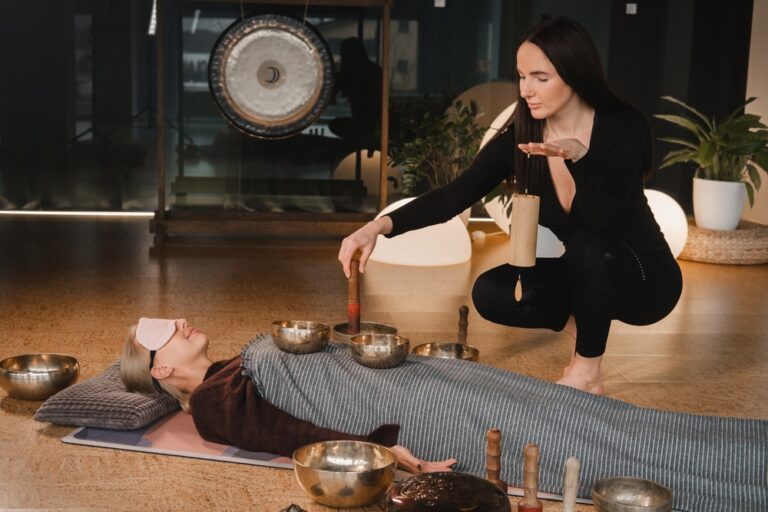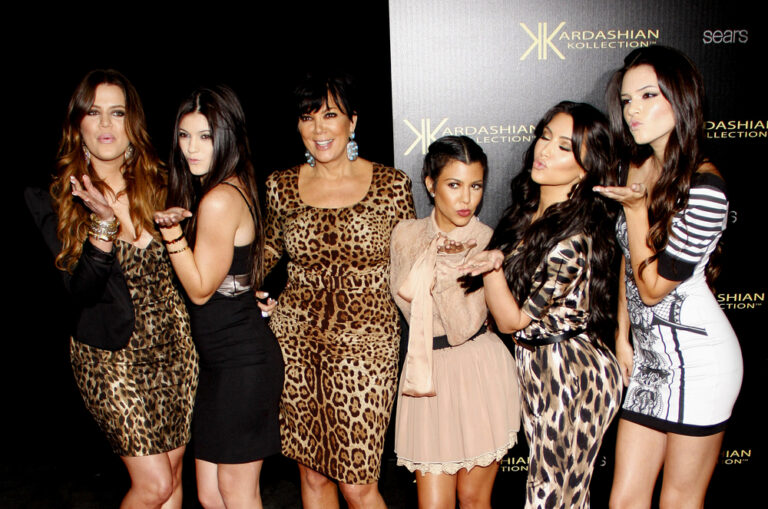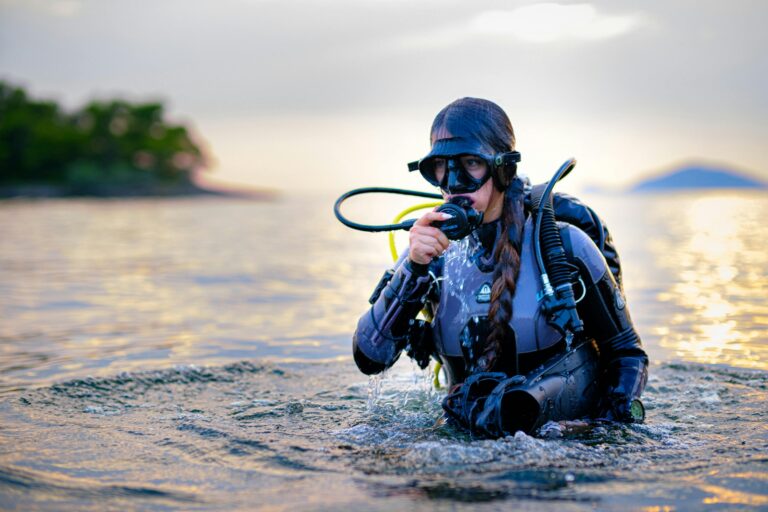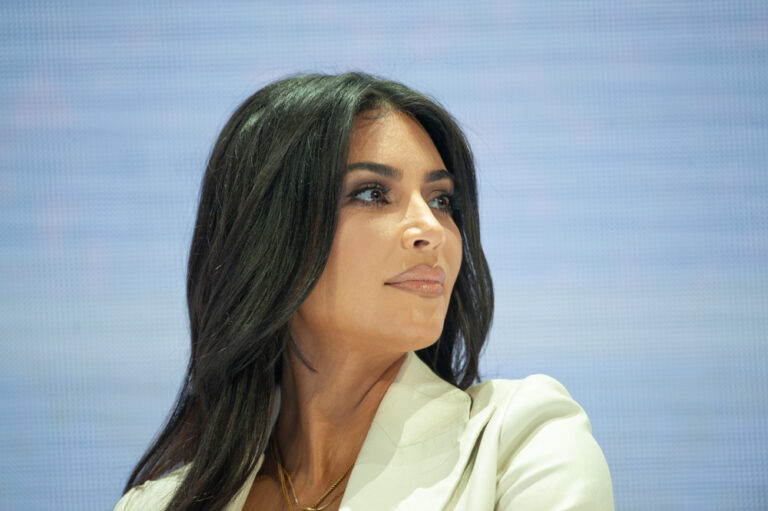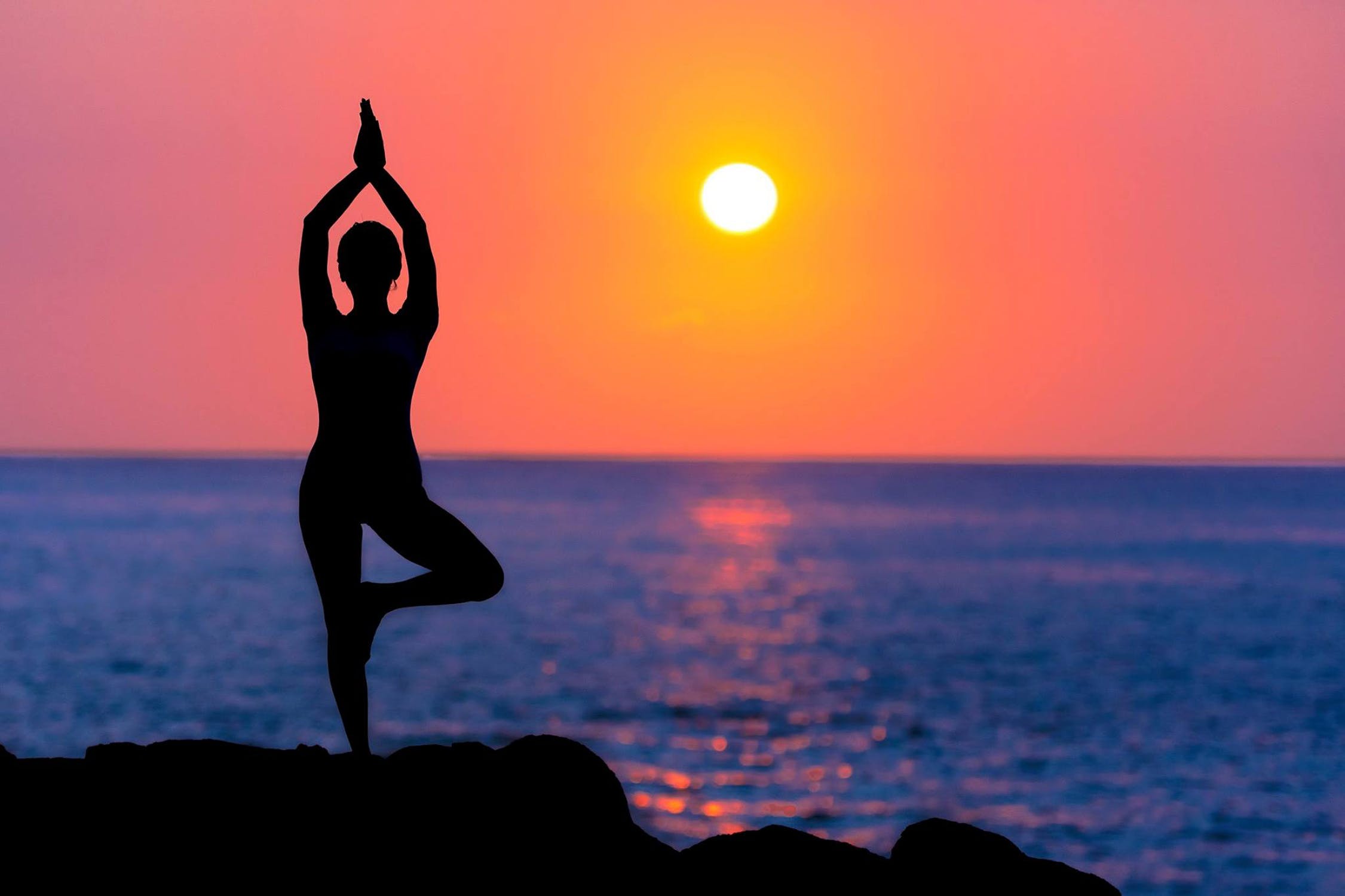
grapplingstars.com, femcompetitor.com, fciwomenswrestling.com, fcielitecompetitor.com fciwomenswrestling2.com articles, pexels.com Cedric-Lim-Ah-Tock.
When seeking out a dignified venue to have competitive female grappling events, deciding to use a Dojo seems to be a wise decision.
We’ve done that ourselves.
They are vibrant, family and audience friendly and ideal for hard competition.
Dojo is a Japanese term which literally means “place of the way“. Initially, d?j?s were adjunct to temples.
In the Western world, the term d?j? primarily refers to a training place specifically for Japanese martial arts such as aikido, judo, karate, or samurai; in Japan, any physical training facility, including professional wrestling schools, may be called d?j? because of its close martial arts roots.
The term can also refer to a formal training place for any of the Japanese arts ending in “do”, meaning “way”.
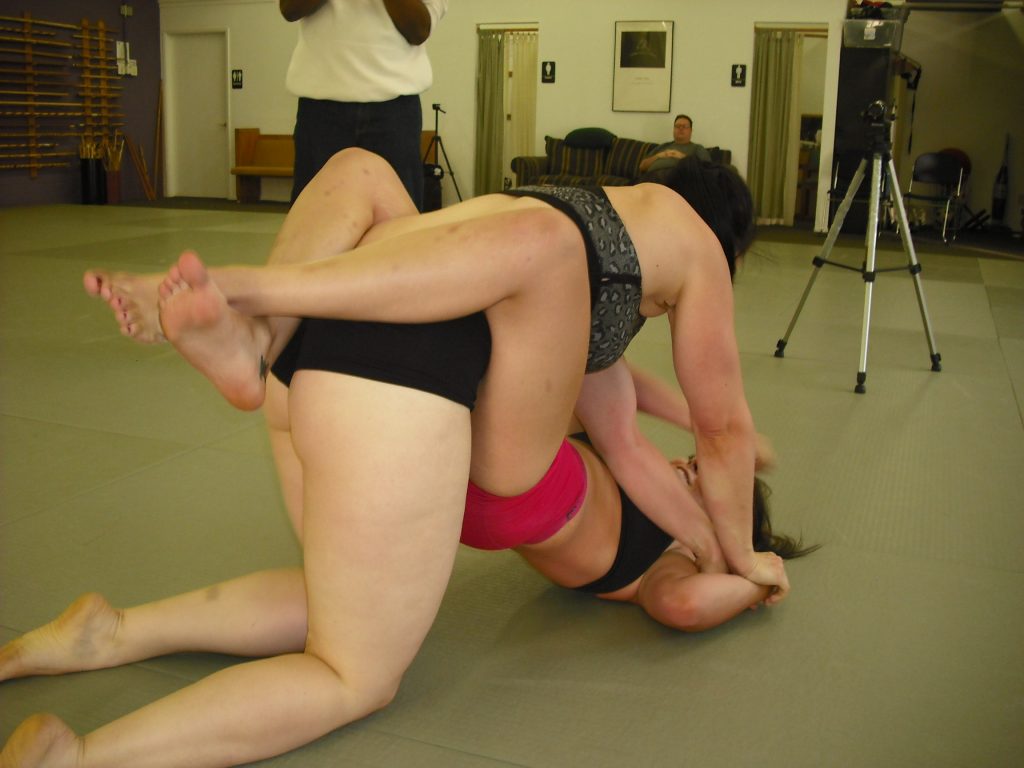
You can see from the following pictures that we had a great time.
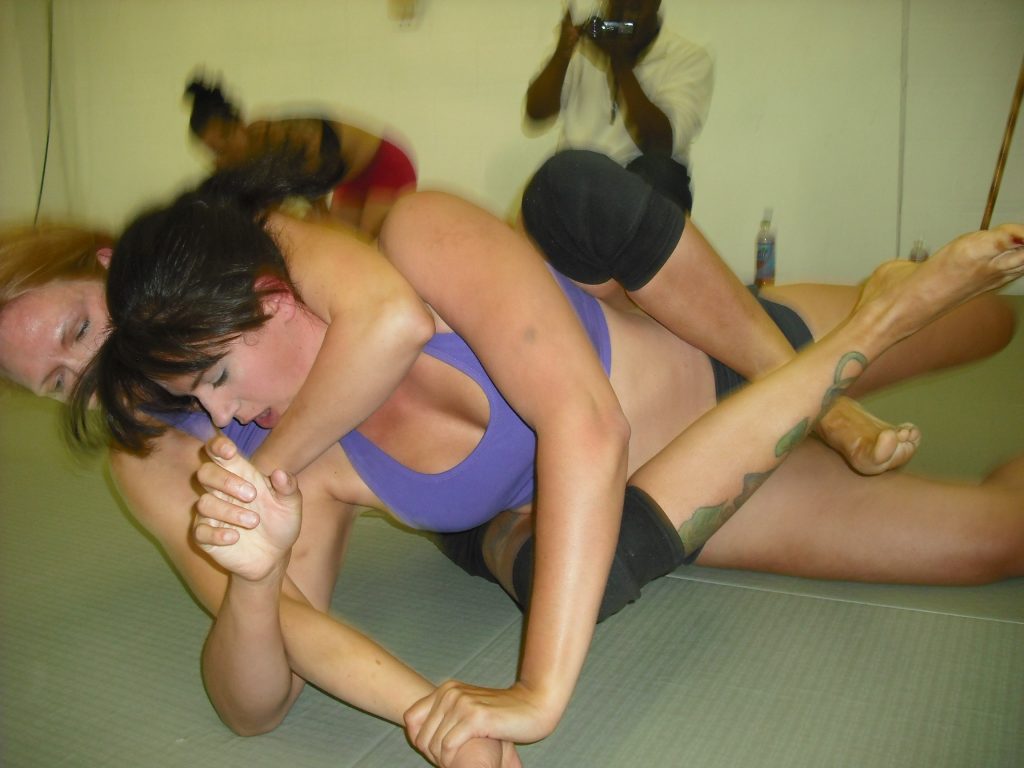
These are real matches and virtually of them can be found at the vibrant San Francisco female grappling site, http://grapplingstars.com/
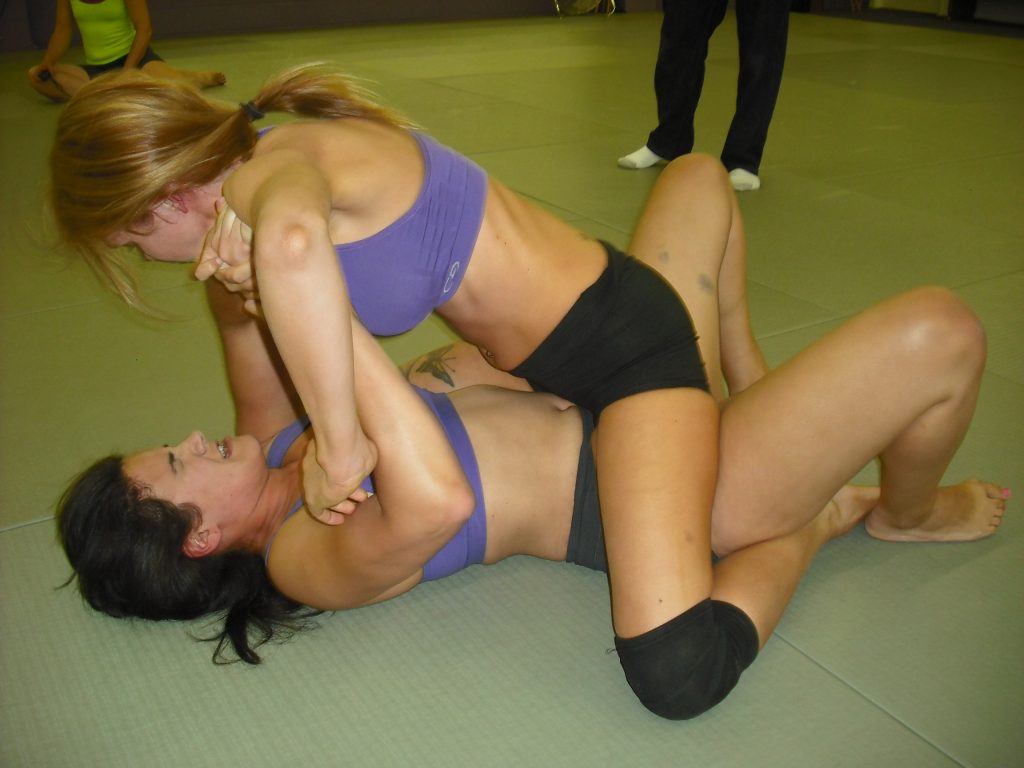
Choosing the right Dojo is a little more challenging.
So how do you go about choosing the right Dojo for your female wrestlers to compete?
We love Dojos so much that we’ve written at least three articles about their value.
MODERN DANCE AT THE DOJO – FEMCOMPETITOR MAGAZINE
Women’s Submission Wrestling At The Dojo – FEMCOMPETITOR …
Fem Wrestler Report: An Introduction To Dance At The Dojo
We found an exceptional article that makes the process a lot easier.
The sword is the mind.
When the mind is right, the sword is right.
When the mind is not right, the sword is also not right.
He who wishes to study kendo, must first study his mind.
—Toranosuke Shimada
What to Look For When Choosing a Yoshinkan Aikido Dojo
As both a parent, an adult and as a consumer we are constantly looking to make the right decisions with regards to our children’s welfare, or own personal development, all the while getting value for our hard earned money.
When searching for a dojo (That’s Japanese for training hall) there are several things that you should take into consideration: First of all is the Sensei (Teacher) a bonafide Sensei? By that I mean is he who he really says he is?
It is so easy to start up your own martial arts give yourself a 9th Dan and call yourself Soke (Founder). Why would someone do this you ask? Well quite simply they do it for the money. There are a lot of people out there trying to cash in on other people’s hard work. If you join a dojo and find yourself going once a week and taking a grading (test) every couple of months then there is something seriously wrong. At 30 a test and 40 students in your class then well you do the math!
This brings us to value for money straight away. If you train once a week for a couple of years and then you’re awarded a black belt, you might be forgiven for thinking that you’re more than capable of looking after yourself.
However when the reality kicks in and someone attacks you, you may find out that you have been misled but this would be learning the hard way. So think first how genuine is the Sensei and the club? A good Sensei does not fall far from the tree. You should be able to trace his roots back all the way to the founder (Soke).
While we’re on the subject of authenticity you need to know that the certificates you are receiving are the real deal as well. You want to be sure that the Hombu (head dojo) are giving this guy the rubber stamp so to speak. The internet and websites and e-mails are a good way to find these things out.
Next is insurance. Am I covered to train and if so to what degree? Many martial arts clubs have insurance but very few realize themselves that unless their insurance specifically covers them for sporting injuries then you won’t be able to claim if something goes wrong anyway! (A word to the wise if you’re not sure then go and read the small print.)
Any insurance you have should be subject to a risk assessment. The Sensei/dojo should carry one out on all techniques taught detailing how much of a risk factor each one poses to the student. If you do this and the insurance company keeps a copy and gives you the green light then you’re ok.
All dojo’s/classes should offer you insurance and you should read the policy before signing up. It is illegal to train without it! On a personal level I would always take out my own personal insurance to cover me for any sporting or martial arts activity so that my work and bills are covered but then that’s just me.
Something else to consider when starting up with a new club is what are the facilities like? Do they have adequate safety mats and training equipment (I’m sorry to say this but it all comes down to health and safety and ‘Health & Safety’ is the law!) If the equipment looks old and worn to the point of being of no protection/safety perhaps the Sensei & dojo aren’t that safety conscious so perhaps time to think again.
Are the changing facilities decent? Is my child going to have the privacy and protection they need when undressing? For women again is there going to be privacy from men and spectators while I change. (Usually guys aren’t so bothered about changing in front of well pretty much anybody but the option should still be there and if there are children present then you should be decent!)
Now we’ve broached the subject of children: “Is the Sensei covered on the child protection program? Has he been through and passed the appropriate checks?” Do not take no for an answer when it comes to this question. Any senior students taking class in charge of other students and kids should also have been through such checks. DO NOT BE AFRAID TO ASK, this is your kids that we’re talking about after all!
What other things should you take into consideration when looking for a dojo? Do the students wear shoes or go barefoot? If the students are barefoot and there are people in the class whom have poor hygiene then why is the Sensei not telling them and getting them to sort it out? Surely they’re not afraid are they? And who wants to train with a Sensei who is afraid of a little personal hygiene? Not me because that quite frankly stinks!
I hope this proves to be of some help to those looking for a dojo. If you ever have any unanswered questions then please feel free to contact me personally through the website www.yoshinkan-aikido.com and I’ll do my up most to help guide you in the right direction for both you and your family.
~ ~ ~
Article Source: http://EzineArticles.com/expert/Jacqui_Cooper/621351
Article Source: http://EzineArticles.com/5033749
